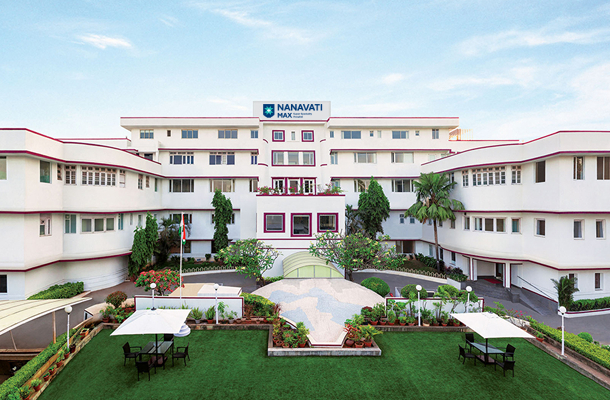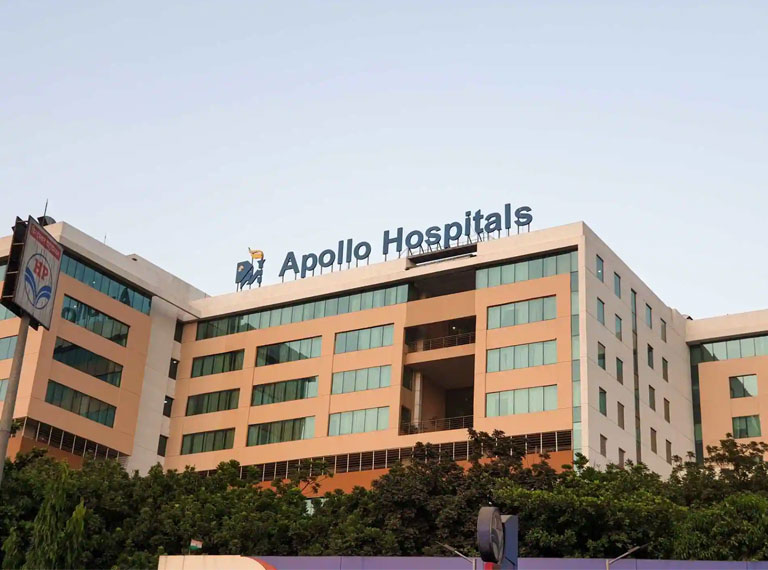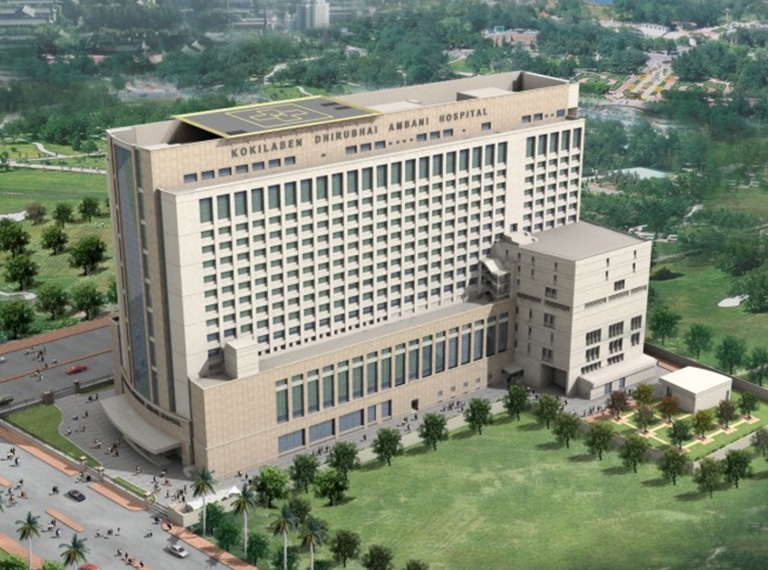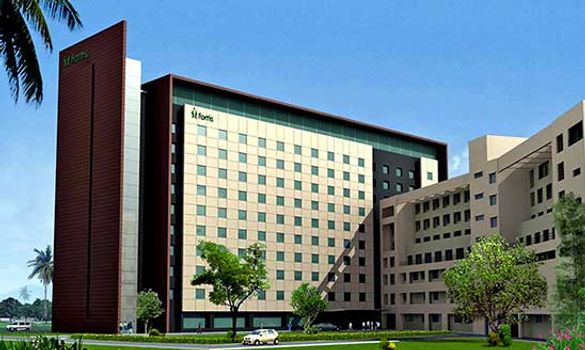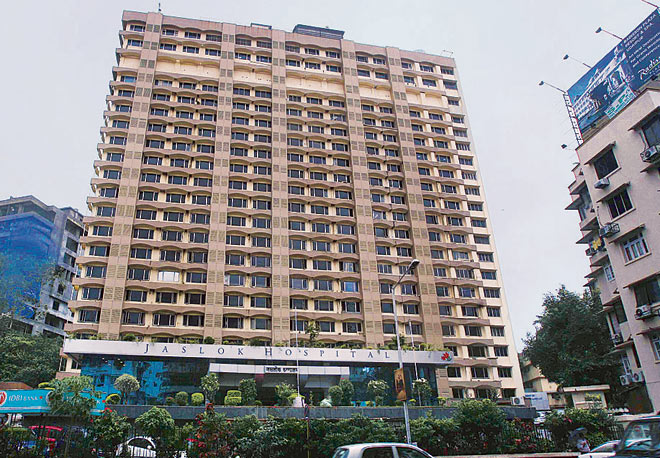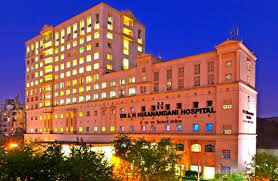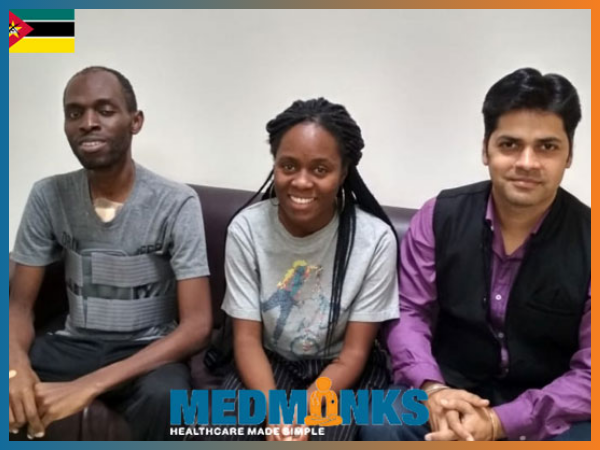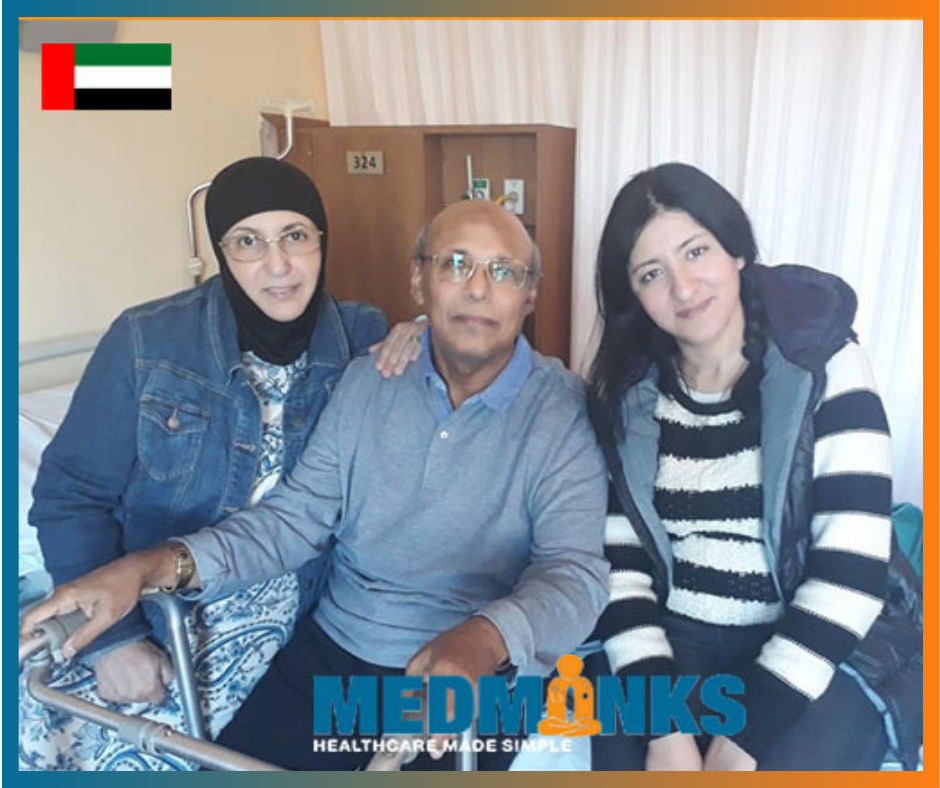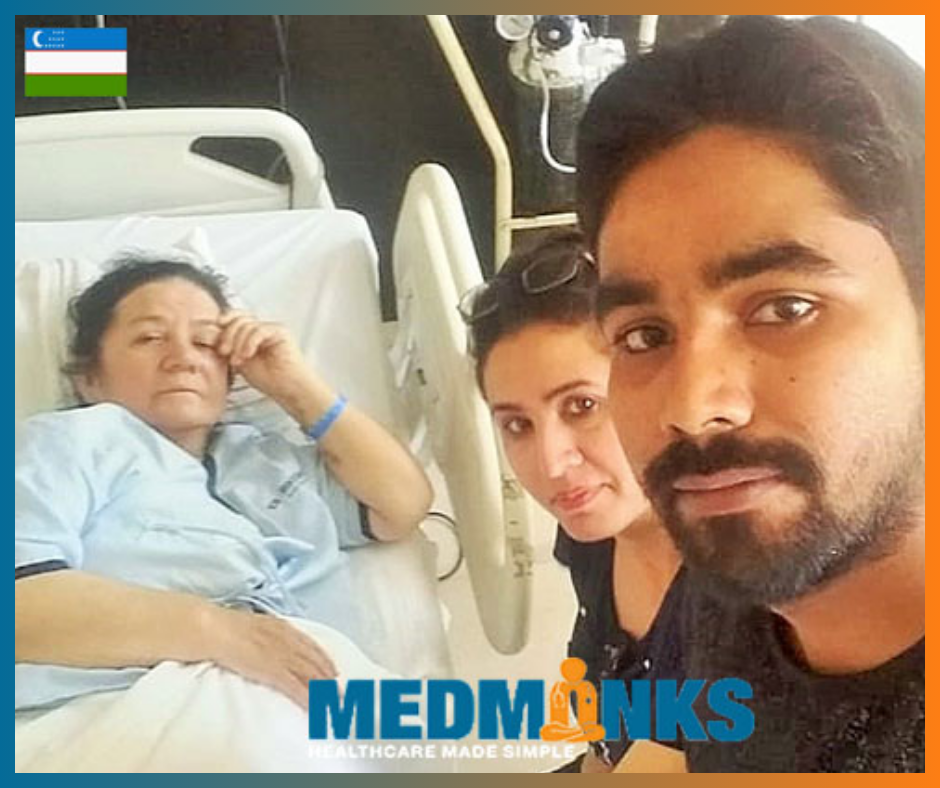Dr BalabhaiNanavati Hospital, or popularly known as Nanavati Super Speciality Hospital is amongst the top 10 multi-speciality Hospital in India. The hospital was in More..
Apollo Hospitals, Navi Mumbai is one of the most advanced multi-specialty tertiary care hospitals offering comprehensive services under one roof. Accredited by Natio More..
KokilabenDhirubhai Ambani Hospital, Mumbai started delivering medical treatment in the 2009s first week. The hospital is equipped with 115 ICUs comprising of b More..
Fortis Hospital, Mulund, Mumbai has the first NABH accredited blood band centre in India. Its pathology lab has been accredited three times by NABL. The hospital spe More..
Lilavati Hospital comprises of 323 beds, 12 Operating theatres and workforce of over one thousand people. The WEEK Hansa survey included the hospital in the Best Ho More..
Jaslok Hospital located in Mumbai is one of the oldest multi-speciality hospital established in India. The hospital is accredited by National Association board More..
Established in 2007, Hiranandani Hospital, Vashi – A Fortis network Hospital is an advanced tertiary care, multi-specialty hospital equipped with 149 beds a More..

Don't know where to start?
- Speak to our in house doctor
- Get a response within 5 minutes
Description
Best Liver Transplant Hospitals in Mumbai
Liver Transplant is a very complicated procedure that needs to be performed with precision and care; else it might lead to some serious circumstances. A failed organ transplant can also lead to the wastage of the donor's organ. Surgeons monitor the patients for 24 - 48 hours to analyze the functioning of the donated organ to prevent transplant rejection. This makes it important for patients to get their treatment from a reputed hospital that consists of experienced doctors. The cost of liver transplant surgery in India is significantly low compared to other corners of the world.
Medical tourism helps the patient save a significant amount of money from the treatment budget as they experience world-class healthcare facilities from specialized, experienced doctors in Mumbai. Liver Transplant Treatment cost accumulated after including all the expenses, can destroy a patient's life savings. This is why more and more patients are travelling overseas for their treatment.
FAQ
Which are the best liver transplant hospitals in Mumbai?
Kokilaben Dhirubhai Ambani Hospital
Apollo Hospital
Fortis Hospital
Global Gleneagles Hospital
Seven Hills Hospital
And many more.
What are the common liver conditions which are treated at the best liver treatment hospitals in Mumbai?
• Cirrhosis – is amongst the serious stage of liver fibrosis, which is caused because of hepatitis. They are the major cause of liver damage in adults.
• Diseases that increase the risk of cirrhosis, in which a patient might require a liver transplant
• Hepatitis B & Hepatitis C
• Immune System disturbance
• Diseases – that affect the liver (including Wilsons disease and hemochromatosis)
• Bile Duct Diseases – conditions that affect the tubes which carry bile out of the liver (bile duct) like primary sclerosing cholangitis, primary biliary cirrhosis and Biliary Atresia.
• Biliary Atresia is a common cause of liver transplant in children. In this disease, the bile duct of the patient is either blocked, or absent. Biliary Atresia can be acquired or be congenital.
• Cancer (Liver adenoma, bile duct cancer or liver cancer)
I am coming to Mumbai, India for my liver transplant surgery. What are the risk factors involved in the procedure? Will the best liver transplant hospitals in Mumbai provide me with proper care post-surgery?
Liver transplant has two major risk factors, which are risky enough to severely the damage the patient's body, thankfully they are quite rare.
• Infection – caused on the surgical site, can prevent the body from heal properly, causing the new organ to become damaged.
• Rejection – In some cases, the patient's body might refuse to accept the new organ, causing complications in which the patient's immune system might start attacking the new organ.
Mumbai liver transplant hospitals monitor their patients for 48 hours post-surgery in a intense care unit, and make them stay at the hospital till their condition improve to ensure that they don't encounter any of the above-mentioned complications.
Why does the cost of liver transplant surgery vary in different liver speciality hospitals in Mumbai?
Factors that might affect the procedure cost include the following factors:
• Amount of Anesthesia used for surgery
• Laboratory tests
• Fees of different doctors
• Location of the medical center that can affect the cost of expenses
• Expenses incurred during the recovery time
• Costs of surgical consumables and supportive medicines
• Physical therapy cost
• Surgeon's fee
Who can become a liver transplant donor? Can I get a donor in India? Will the best liver transplant hospital in Mumbai help me find a donor?
Anybody who falls under the following category can donate a liver:
• Is willing to donate their organ
• Is above the age of 18
• Has compatible blood type and liver size
• Is healthy and doesn't have any serious disease like heart diseases, cancer, or liver diseases.
Note: International citizens have to bring a matching donor with them for the procedure who should be a relative or a friend (with approval of the government).
Mumbai liver treatment hospitals will surely help patient's in need find a donor, adding their name on the organ transplantation waiting list.
What can a patient expect after his/her liver transplant surgery?
The post-surgery period after the liver transplant is a hard time for the patient's recovery. The team of doctors and surgeons who performed the transplant will closely monitor the patient. As their condition will begin to stabilize, the patient and their caretaker will be taught about the medications, routine, diet, and other issues. Most patients are discharged from the hospitals between 7 to 12 days and can return to their routine once their physician deems so.
Patient's receiving treatment from the top liver transplant hospital can expect to receive follow-up care post-surgery.
How does a person know that you are suggesting him/her the best Liver treatment hospitals in Mumbai on your website?
Medmonks is a mediator, that connects patients to the hospitals according to their diseases on a global network, giving them no reason to prioritize or be biased to any particular liver transplant surgeon on the list.
How does the experience of a surgeon affect the success rate of organ transplantation?
Experience plays a major role in establishing the success rate of the procedure. A surgeon who is familiar with the surgery will be able to understand and determine the complications more prominently.
Are life-long medicines necessary after a liver transplant?
Yes, but the doses and the number of these medicines is reduced with the passage of time. Most patients are usually put on small doses that include 1 or 2 medicines a day for a year after the liver transplant surgery, which comes down to one medicine after 2-4 years for the lifetime.
This is my first time coming to India; I am concerned if the hotel and hospitals in Mumbai will be sanitary or not? Also, will I become more prone to infections after my liver treatment?
The portrayal of India in the media in the western world can make a patient worry about sanitation and hygiene. So, we recommend patients to go to Medmonks' website and look at the gallery of hospitals before selecting one for their treatment. Like any other medical center, Mumbai liver treatment hospitals are cleaned and sanitized every day.
Coming to your second question, this is a common misconception about liver transplant. If the surgery has been performed properly, there will be no risk of developing infection once the surgical site has been healed. However, they should remain cautious and take preventive measures to avoid any infection like they would under general circumstances.
For more information about the best liver transplant hospitals in Mumbai, patients can contact Medmonks' team.

